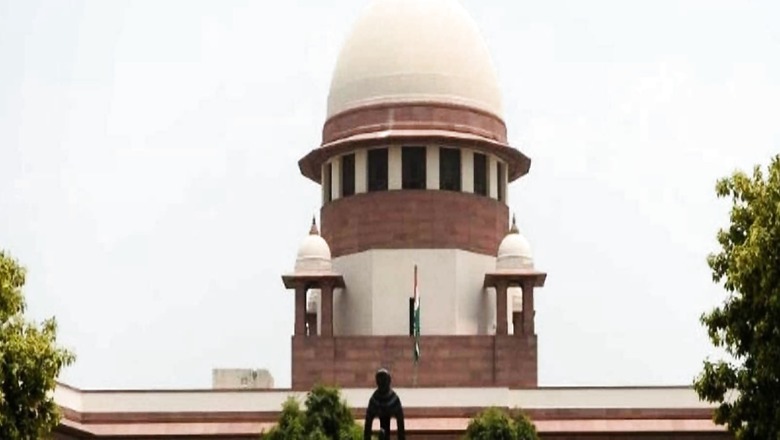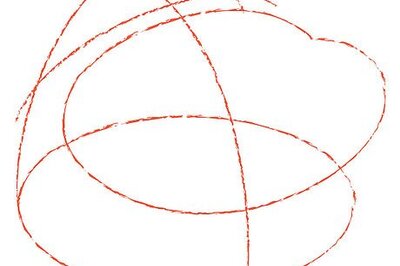
views
The Supreme Court on Thursday observed that news in a section of media bears a communal tone which could bring a bad name to the country as it was hearing a petition linked to the Tablighi Jamaat gathering in Delhi last year which was blamed for the surge in Covid-19 cases.
Chief Justice of India NV Ramana said: “The problem is, everything in this country is shown with a communal angle by a section of the media. That is the problem. The country is going to get a bad name ultimately.”
The plea in the court sought action against media reports blamed for “communal branding of Covid” linked to the Tablighi Jamaat gathering at Markaz Nizamuddin in the capital.
The Supreme Court also expressed concerns about fake news being spread through web portals and social media platforms like YouTube, Facebook and Twitter, saying such social media giants do not even respond to judges.
Such digital and social media platforms listen only to powerful men and there is no accountability towards judicial institutions, the Court noted. “I have not come across any public channel, Twitter, Facebook or YouTube.. They never respond to us and there is no accountability, about the institutions they have written badly and they don’t respond and say this is their right,” CJI Ramana remarked.
A Delhi court had acquitted 36 foreigners, who were chargesheeted for attending Tablighi Jamaat congregation in the national capital by allegedly being negligent and disobeying the government guidelines issued in wake of the novel coronavirus pandemic in the country.
On August 24, the court had framed charges against the foreigners under sections 188 (disobedience to order duly promulgated by public servant), 269 (negligent act likely to spread infection of disease dangerous to life) of the Indian Penal Code and Section 3 (disobeying regulation) of Epidemic Act, 1897. The charges were also framed under section 51 (obstruction) Disaster Management Act, 2005.
However, they were discharged for the offences under section 14 (1) (b) (violation of visa norms) of Foreigners Act, sections 270 (Malignant act likely to spread infection of disease dangerous to life) and 271 (Disobedience to quarantine rule) of IPC.
The foreigners, who attending Tablighi Jamaat congregation in Delhi at Nizamuddin area, were accused of allegedly violating visa norms, indulging in missionary activities illegally and violating government guidelines issued in the wake of Covid-19 outbreak.
Read all the Latest News, Breaking News and Assembly Elections Live Updates here.

















Comments
0 comment